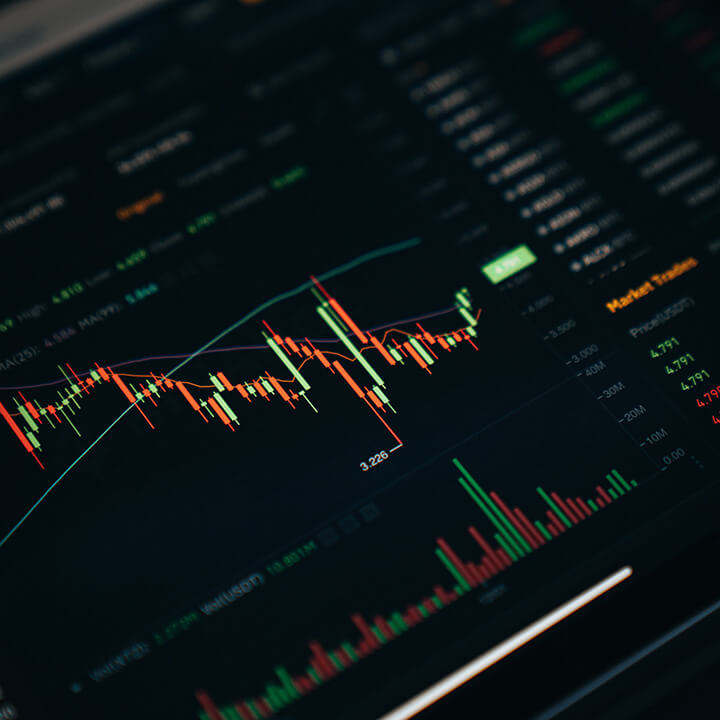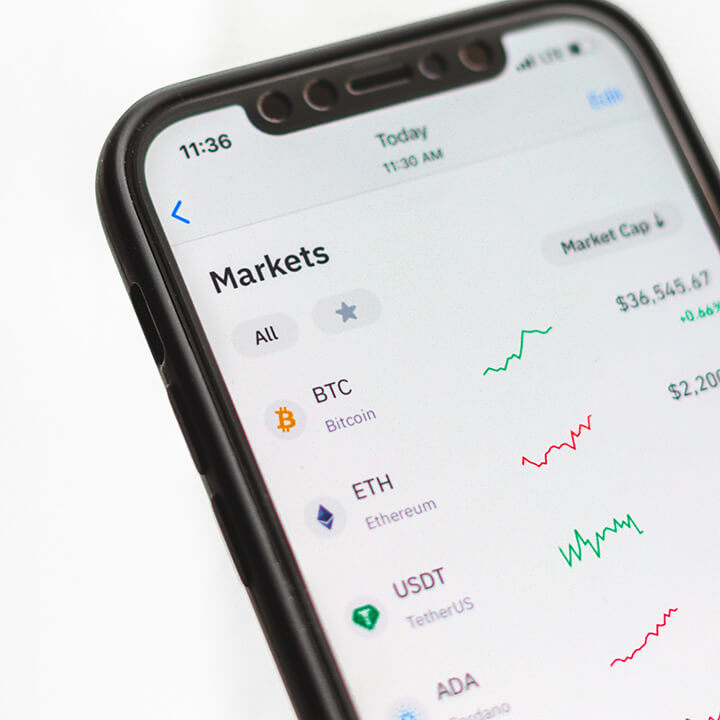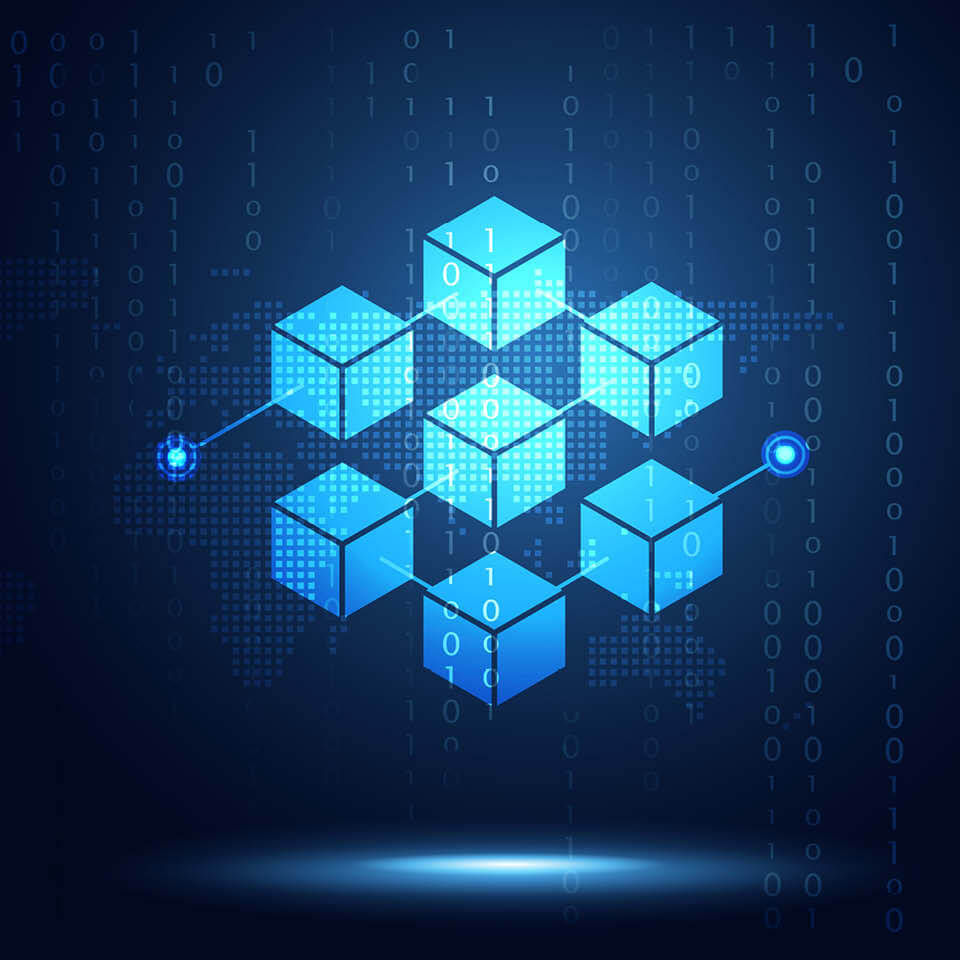Blockchain, NFTs and smart contracts: A round-up
22nd July 2022
Over the past few months our Technology & Digital team focused in on blockchain, NFTs and smart contracts. In this special round-up publication, Sally Mewies and Luke Jackson take a look back at the highlights of what we covered and consider what we might expect to see in the future.

The basic concepts
We started off with Understanding blockchain, NFTs & smart contracts, explaining the basic concepts behind the hype.
We explained why the tech world is excited about blockchain – because it represents an advancement in the way that information is recorded and held.
We explained that an NFT is not simply digital art – any data can be contained within an NFT, whether it’s a domain name, tickets to a concert or sporting event, in-game items or even real estate deeds.
And we explained how we can expect to see smart contracts evolving the traditional way of contracting.
Our bitesize videos What is a blockchain?, What is an NFT? and What is a smart legal contract? were especially popular!
Legal issues
We delved into smart legal contracts in a bit more detail, explaining the role of blockchain and setting out some of the practical legal considerations for parties to think about and agree from the outset.
We saw the Financial Conduct Authority reminding consumers of the risks of investing in cryptoassets and NFTs. Regulators in the UK and across the world continue to grapple with how best to regulate the market, acutely aware of the need to protect consumers on the one hand without stifling innovation and the benefits of the digital economy on the other. With the value of most cryptoassets falling dramatically in recent months, in just the last few weeks the Treasury Committee launched an inquiry into the cryptoasset industry. At the same time, EU regulators appear to be closer to finalising the markets in cryptoassets (MiCA) proposals that would see the introduction of a legal framework on the continent.
We highlighted some examples of how intellectual property law is being used to understand and regulate some of these new and emerging technologies. We noted that what can initially seem like relatively new and difficult questions regarding ownership and entitlement can quickly be stripped back and revealed as capable of being addressed using current traditional legal tests.
Our Technology Disputes experts considered new Law Society guidance on blockchain technology and its impact on the dispute resolution process, while the English courts continued to cement their reputation at the forefront of developments in this area. We touch on some examples of this below.
What about the practical application?
Earlier this year, LawtechUK and its UK Jurisdiction Taskforce launched the ‘Smarter Contracts’ project. They published a report which aimed to explain how smarter contracts and blockchain technology are currently being used. The theory was to dispel the myth that blockchain is a fringe technology used only by those wanting to risk their livelihoods or possibly make their fortunes on volatile cryptoassets like Bitcoin.
In the footballing world we saw Manchester City enter the metaverse – part of a wider trend toward the use of digital assets in sport – and Liverpool FC announce its own NFT collection. We also saw Nike launch its first range of digital sneakers.
HMRC seized three NFTs as part of an investigation into a suspected VAT fraud scheme involving 250 fake companies, the first UK law enforcement agency to do so, while the government announced its plan to make the UK a global cryptoasset technology hub. This includes legislating to bring stablecoins within regulation – paving their way for use as a recognised form of payment – and working with the Royal Mint to create an NFT this summer.
The courts: allowed service of court proceedings via the transfer of a token on the blockchain (second only to a New York court order); granted for the first time an injunction against Persons Unknown in respect of stolen NFTs; and stayed a consumer claim relating to an online auction bid for an NFT in favour of arbitration in New York.
And last but by no means least, we held a webinar on blockchain and sustainability as part of the Leeds Digital Mini-Festival. We sought to dispel some of the myths by exploring what blockchain is, discussed its potential future growth, and heard from companies that have integrated the use of blockchain into their sustainability-centric businesses.
The future
While there have been suggestions recently that the hype surrounding cryptoassets may be dying down amidst the ‘crypto winter’, it’s unlikely that we’ll see a big movement away from NFTs, blockchain and smart contracts in the future.
There is clearly a momentum to embrace new technologies and the digital economy and we can’t see that momentum reversing any time soon, if at all. As regulators and others get to grips with the opportunities on offer to consumers and businesses, and find a way to manage the risks, we can expect to see the uses for these technologies adapt and evolve further over time.
It will be interesting to see how NFT and blockchain technologies are deployed in the metaverse, where a growing list of big name retailers, and some banks, are buying up virtual real estate to set up shop. Watch this space.
Need advice or assistance?
Please get in touch with Sally or Luke, who will be very happy to help.








